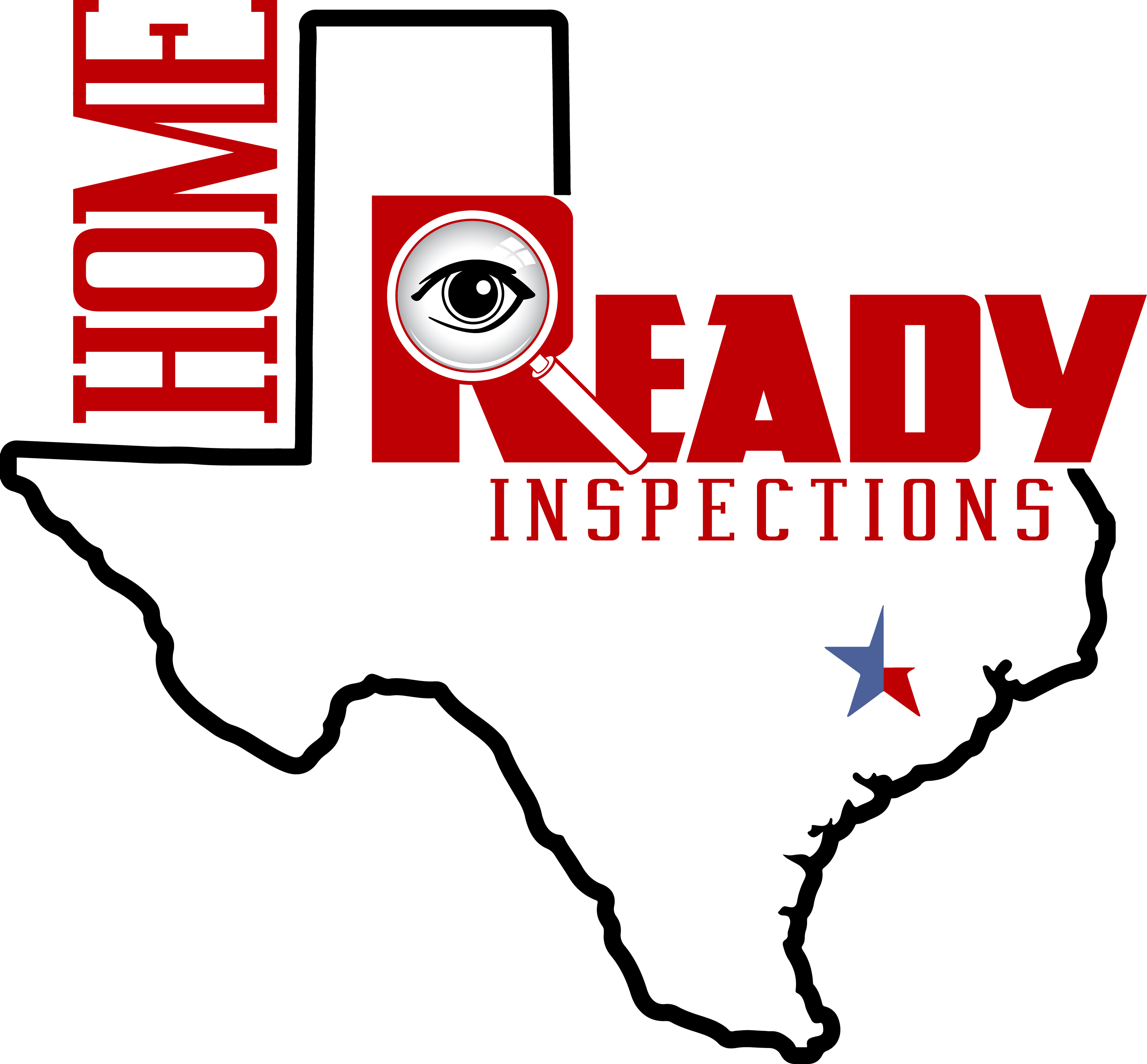2021 IECC Insulation Inspection

3118 Wentworth St, Houston, TX 77004
A 2021 IECC insulation inspection is a thorough assessment of insulation materials and their installation within a building or structure. The primary purpose of this inspection is to ensure that insulation is installed correctly, effectively, and in compliance with relevant building codes and standards. Here’s a more detailed overview:
Purpose of the 2021 IECC Insulation Inspection
- Energy Efficiency Verification:
- An insulation inspection helps confirm that the insulation is performing as intended. Proper insulation reduces heat transfer, contributing to energy savings and lower utility bills.
- Quality Assurance:
- Inspectors assess the quality of the insulation materials used, ensuring they meet specifications and are suitable for the specific application. This includes checking for damage, degradation, or improper installation that could compromise performance.
- Compliance with Codes and Standards:
- Building codes often specify minimum insulation levels and installation practices. An inspection verifies compliance with these regulations, which is crucial for safety and energy efficiency.
- Identification of Issues:
- The inspection can reveal problems such as gaps, voids, or compression in insulation that might hinder its effectiveness. Identifying these issues early can prevent future problems, such as higher energy costs or mold growth due to moisture accumulation.
- Moisture and Air Leakage Assessment:
- Inspections often include evaluations for air leaks and moisture issues. Proper insulation must be complemented by effective air sealing and moisture management to optimize performance and protect the building structure.
- Enhanced Comfort:
- By ensuring that insulation is installed correctly, inspectors contribute to improved thermal comfort for occupants, reducing drafts and temperature fluctuations within the space.
- Health and Safety Considerations:
- Certain insulation materials can pose health risks if not handled or installed correctly. Inspections help ensure that materials like fiberglass or spray foam are used safely and in accordance with health guidelines.
Components of an Insulation Inspection
- Visual Assessment: Inspectors visually evaluate accessible areas for visible signs of insulation integrity, including coverage, material condition, and installation quality.
- Measurement: Inspectors may measure insulation thickness and density to ensure it meets the specified R-values (thermal resistance).
- Thermal Imaging: Some inspectors use infrared cameras to identify heat loss areas, helping pinpoint insufficient insulation or air leaks.
- Moisture Testing: Tools may be employed to assess moisture levels within insulation materials, identifying potential risks of mold or decay.
Overall, insulation inspections are essential for ensuring the effectiveness, safety, and longevity of insulation systems in buildings. By identifying and addressing issues early, these inspections help optimize energy performance and enhance the overall comfort and safety of indoor environments.

Recent Comments